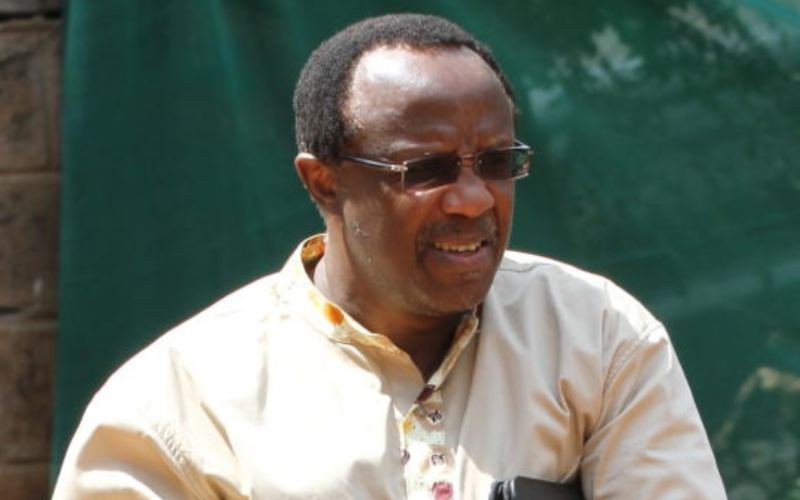×
The Standard e-Paper
Home To Bold Columnists

Kenya’s domestic debt is more expensive than the external one, says a key member of William Ruto's think-tank economist David Ndii.
Local commercial banks make over Sh500billion annually as interest earned from loans given to the national government, and the figure is expected to rise if the government’s appetite for debt is anything to go by, he says.